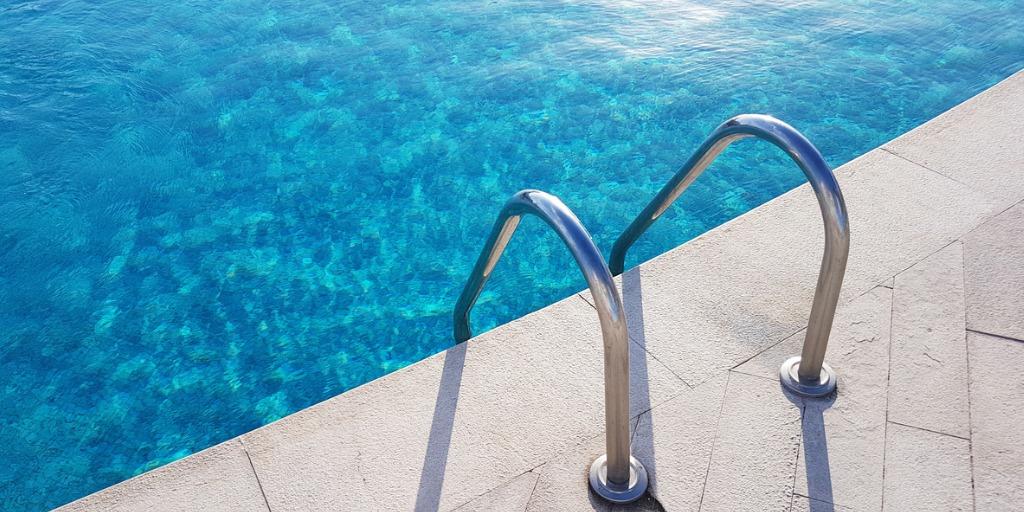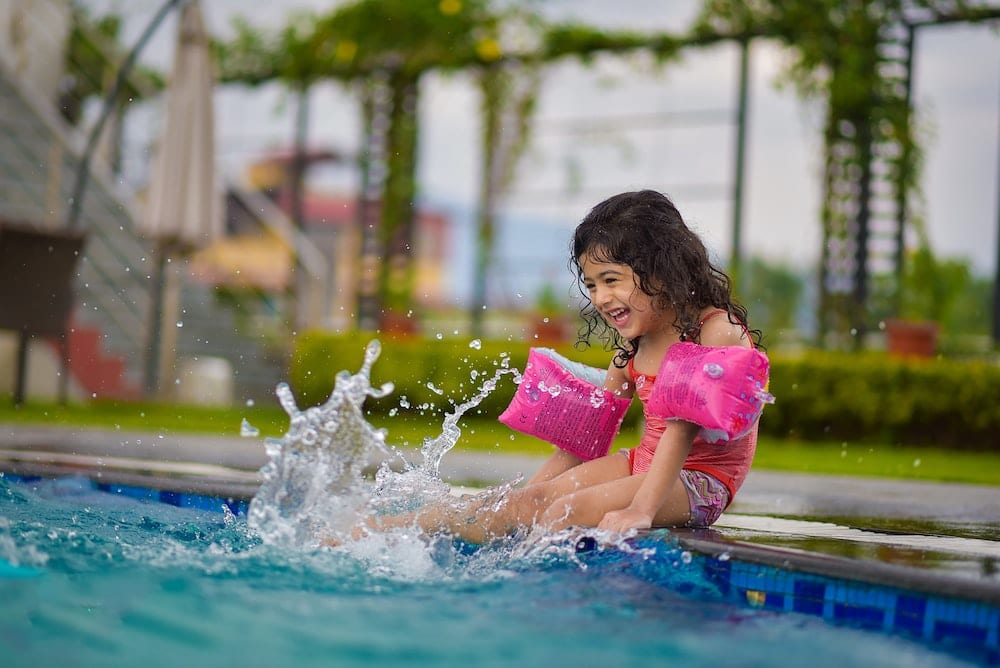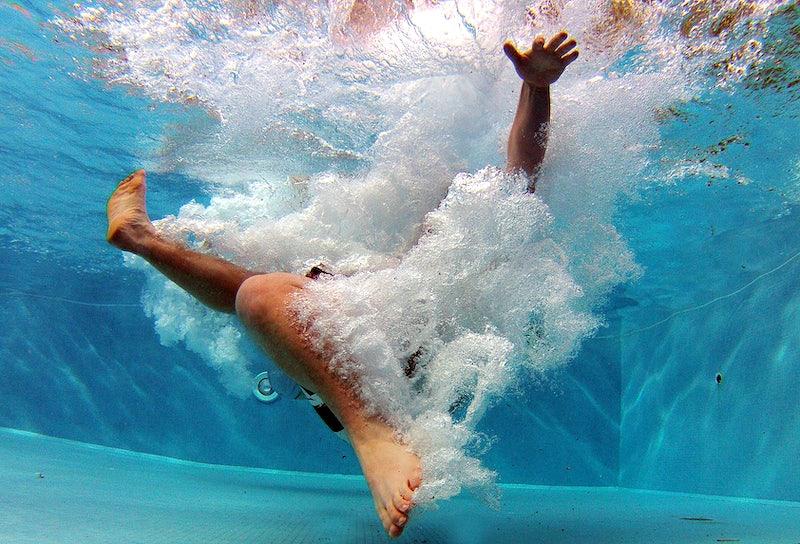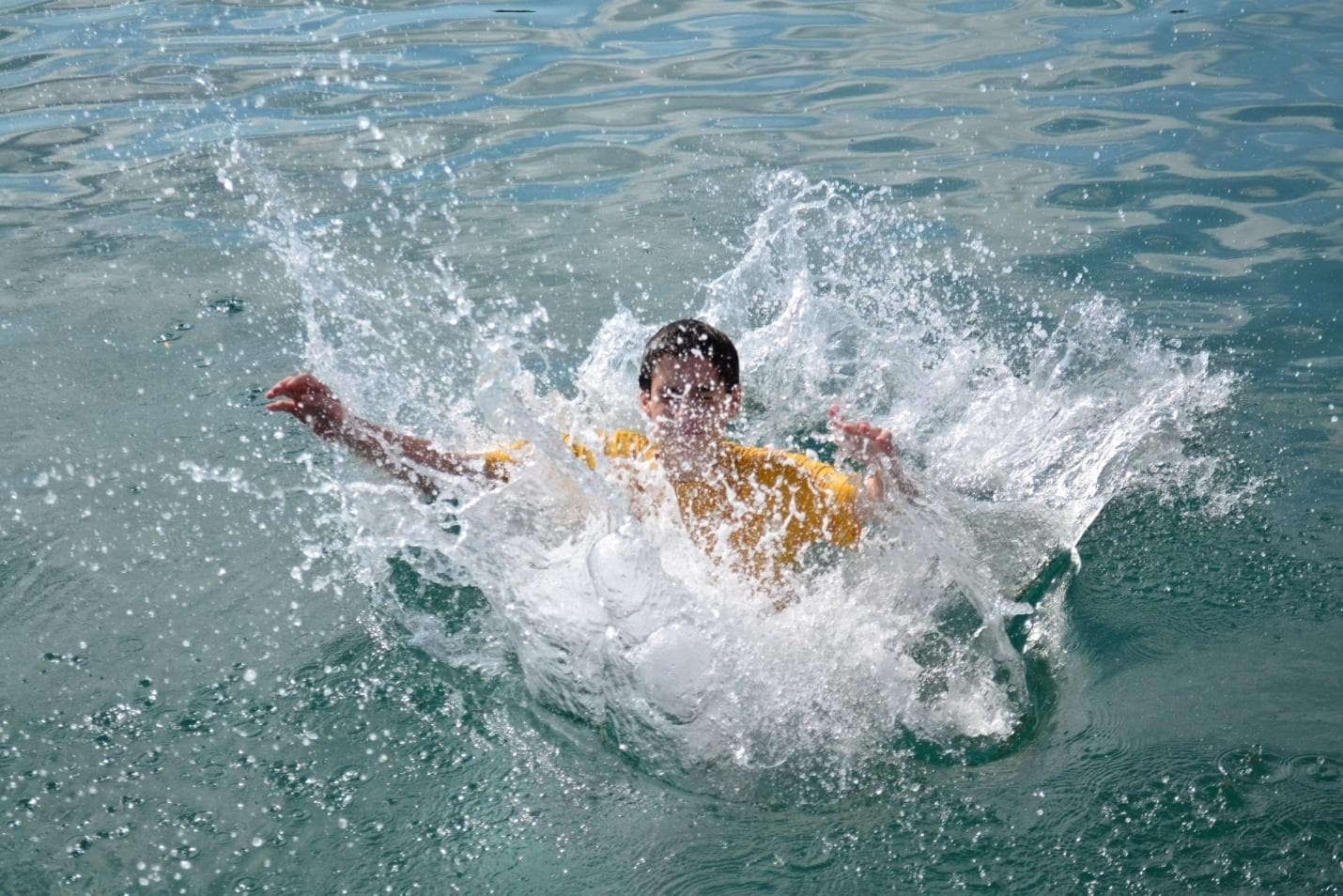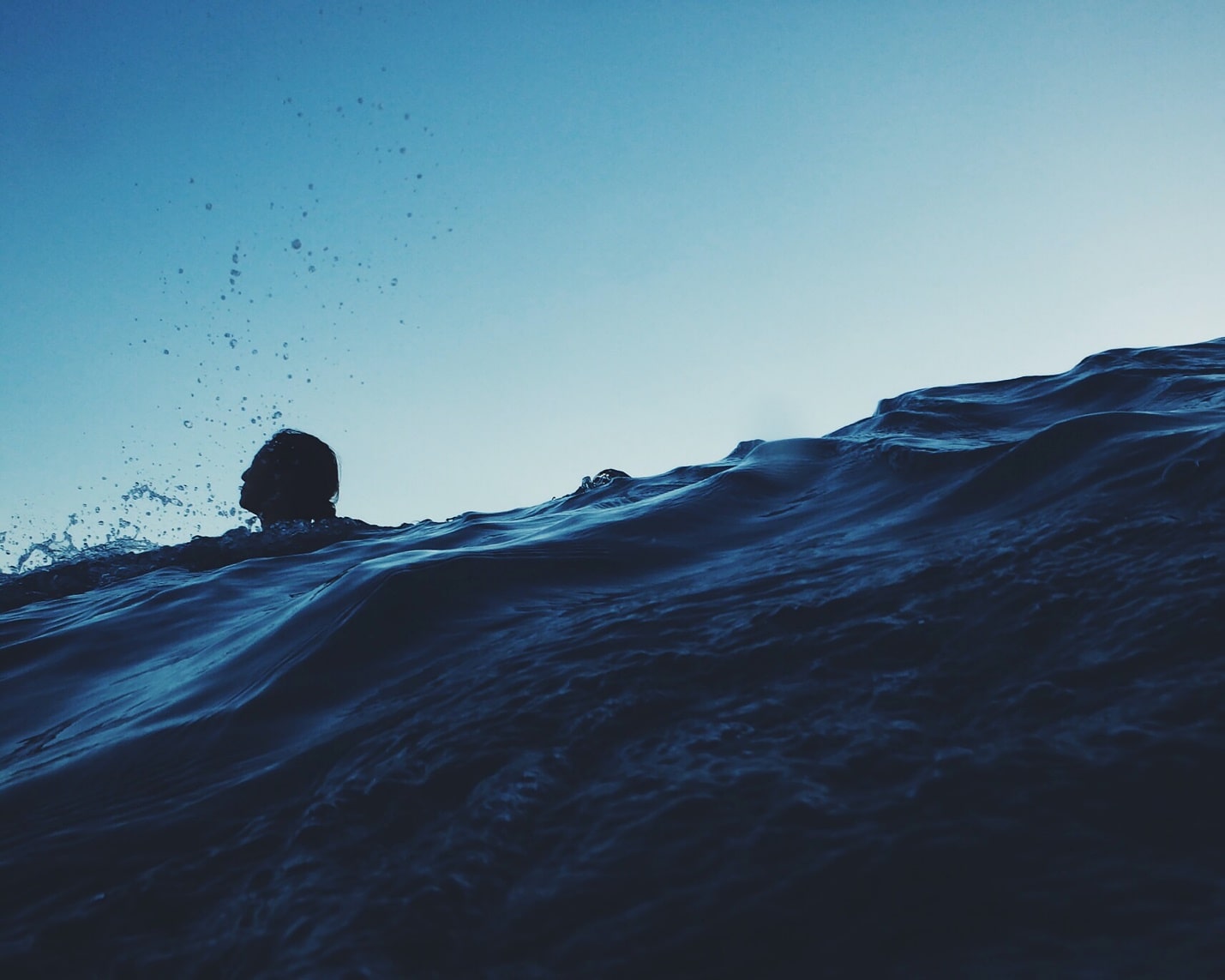Most individuals enjoy their summers with friends and families, making boating trips and swimming in hotels while on vacation. However, many of these facilities lack the basic safety requirements and practices that can severely harm adults and children.
In most cases, the hotel management is at fault. While the drowning victim might survive, they can get serious injuries such as brain damage or lifelong disabilities. Thus, it is important to take prompt action and get the compensation you deserve.
Here are the most frequently asked questions about drowning lawsuits that you should be aware of.
The Most Frequently Asked Questions About Drowning Lawsuits
After a drowning accident has occurred, the victims’ families have the right to ask the following questions:
- What is the statute of limitations for filing a drowning lawsuit?
In Nevada, the statute of limitations for filing a personal injury lawsuit, including a drowning lawsuit, is generally two years from the date of the accident. It means that an individual or their family has two years from the date of the drowning incident to file a lawsuit against any party deemed liable.
However, it’s important to note that exceptions exist, such as if the victim is a minor or if the liable party is a government entity. So, it is best to consult with a lawyer familiar with Nevada laws to determine the exact statute of limitations for your specific case.
- Who can be held liable for a drowning accident?
In a drowning accident, liability can be attributed to one or more parties depending on the circumstances of the incident. Some examples include:
- Property owner: If the drowning occurred on someone else’s property, such as a hotel pool or a public pool, the property owner might be held liable if it can be shown that they failed to provide adequate safety measures or properly maintain the pool area.
- Lifeguard or pool operator: If a lifeguard or pool operator fails to properly monitor swimmers or respond appropriately to an emergency, they may be liable for a drowning accident.
- Product manufacturer: If a product, such as a pool drain or pool toy, is found to be defective and contributed to the drowning accident, the manufacturer of that product may be held liable.
- Other swimmers: In some cases, other swimmers may be held liable if their actions contributed to the drowning accident.
It’s important to note that the specific laws and regulations of the state where the incident occurred will play a role in determining the liable parties, so it is always best to consult with a lawyer familiar with the laws of the state where the incident occurred.
- How do you prove negligence in a drowning case?
In Nevada, to prove negligence in a drowning case, the following elements must be established:
- Duty of care: The defendant (the party being accused of negligence) had a legal duty to provide a safe environment, such as maintaining a pool area in a safe condition.
- Breach of duty: The defendant failed to fulfill this legal duty by properly maintaining the pool area or providing adequate safety measures.
- Causation: The defendant’s breach of duty directly caused the drowning accident.
- Damages: The plaintiff (the individual bringing the lawsuit) suffered damages due to the drowning accident.
To prove negligence in a drowning case, gathering as much evidence as possible, such as witnesses’ statements, photographs of the scene, and any other relevant documentation, is important. A lawyer familiar with Nevada laws can assist in gathering evidence and proving negligence.
The specific laws and regulations of the state where the incident occurred will play a role in determining the liable parties, so it is always best to consult with a lawyer familiar with the laws of the state where the incident occurred.
You should contact the knowledgeable accident lawyers at the Bourassa Law Group as soon as possible after a Nevada swimming pool accident. They can help you establish responsibility for the damages. Call us at (800)870-8910 for a free consultation!
